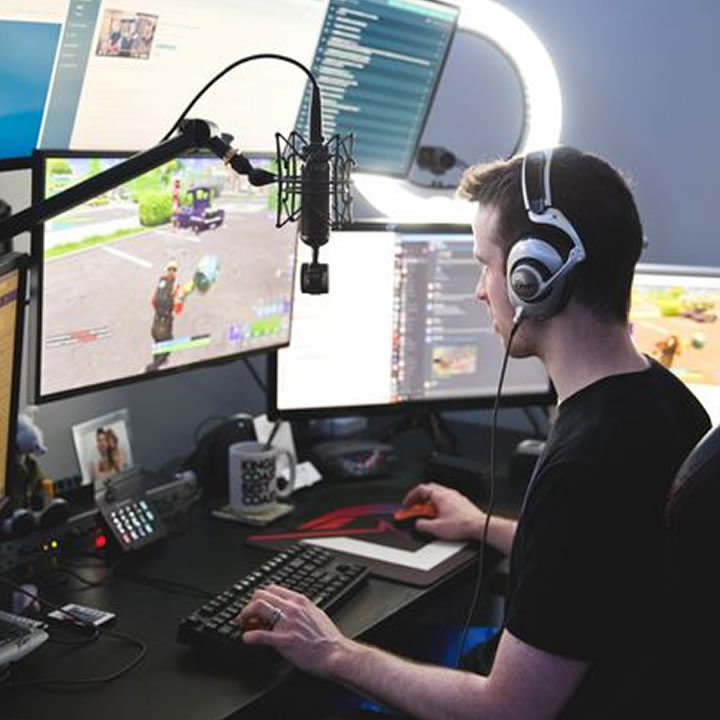In an era where the digital frontier perpetually evolves, we face the paradox of access, an abundance of online resources at our fingertips, and the lurking risk of digital overindulgence. Navigating this terrain necessitates understanding, moderation, and balanced engagement.
The Rise of the Digital Domain
With the surge of the internet, we’ve seen a proliferation of platforms that cater to various interests.
From social media to digital libraries, e-commerce, and even online pokies casino, the digital sphere beckons with its vast array of offerings. Yet, just as we wouldn’t spend our entire day in a casino or a bookstore, it’s paramount to moderate our time in these virtual spaces.
Too much of any one thing, even seemingly benign activities, can detract from our well-being and holistic growth. Understanding the fine line between engagement and overindulgence is crucial in this context.
A balanced digital diet, akin to a balanced food diet, ensures we consume what nourishes and avoid excesses that can be detrimental.
The Science Behind Screen Time
While the allure of the digital world is undeniable, extensive exposure has repercussions. Research indicates that excessive screen time, especially before bedtime, can disrupt our circadian rhythms, leading to sleep disturbances.
Also, studies have shown that spending long hours on the internet can potentially impact our mental health, leading to feelings of isolation, depression, and anxiety. Hence, moderation isn’t merely advisable, it’s indispensable.
It’s essential to remember that our devices are tools meant to enhance our lives, not dominate them. Armed with knowledge, we can make informed decisions about our digital habits.
Strategies for Healthy Digital Consumption
Set Clear Boundaries: Allocate specific times of the day dedicated solely to digital activities. For instance, avoid screens during meals or before bedtime. Just as we allocate hours for work, exercise, and leisure, it’s imperative to set aside ‘digital hours’.
Engage in Digital Detox: Dedicate one day a week or a few hours daily, where you consciously stay away from all digital devices. This practice helps in resetting your digital consumption patterns and with introspection.
Diversify Digital Activities: Instead of gravitating only towards recreational platforms, diversify your online engagements. Engage in online learning, explore digital art galleries, or join a virtual book club.
The idea is to derive value and knowledge, ensuring that your time online is well-spent and enriching.
Monitor Physical and Emotional Responses: Pay attention to how your body and mind react post-digital consumption. Do you feel drained, agitated, or restless after a prolonged online session? If yes, it’s a cue to introspect and possibly curtail the duration.
The Role of Accountability in the Digital Age
In this digital epoch, self-accountability plays a pivotal role.
Digital platforms, designed to be engaging, can inadvertently foster compulsive behaviors.
It’s up to each one of us to recognize these patterns and take corrective measures. Sometimes, it’s beneficial to enlist a friend or family member to keep a check, offering gentle reminders when our screen time goes overboard.
Many digital devices now come equipped with built-in screen time monitors, which can be instrumental in tracking our daily digital consumption. Leveraging these tools can offer insightful data on our usage patterns, guiding us toward a more balanced digital lifestyle.
While the digital realm offers unprecedented opportunities for learning, entertainment, and connectivity, it’s crucial to approach it with discernment and prudence.
By setting clear boundaries, diversifying our online engagements, and being self-accountable, we can reap the benefits of the digital age while ensuring our well-being remains uncompromised.

